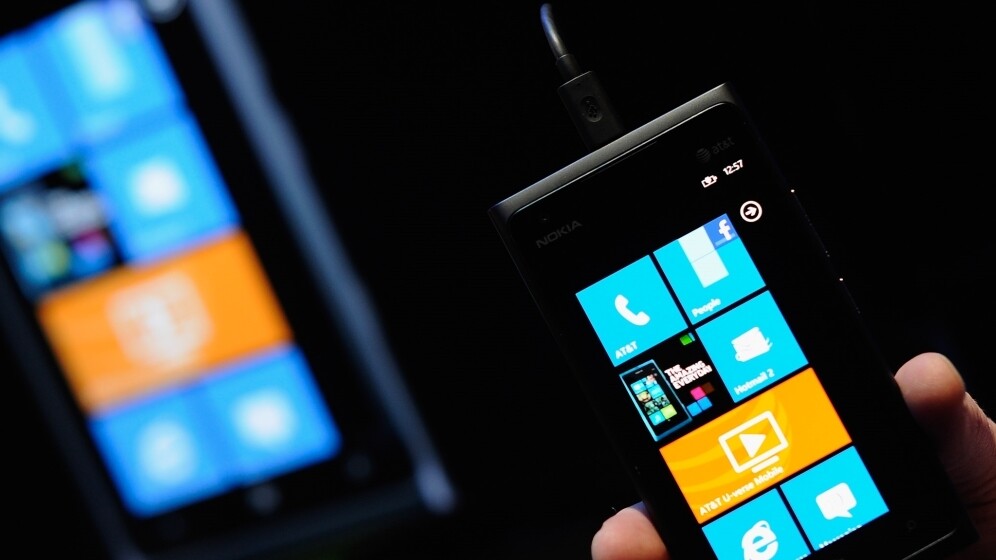
It’s that time again, the rumor that refuses to die – Microsoft has considered/will consider/could one day consider buying Nokia.
This week the rumors have been flying about who – if anyone – would want to buy Nokia. First the Chinese giant Huawei said it could be up for a deal and then just a few days later rumors surface once again suggesting that Microsoft considered buying Nokia but then pulled back at the last minute as the terms didn’t seem good enough.
I say again because almost exactly the same story surfaced at almost exactly the same time last year.
The plight of Nokia in recent years is no secret and has played out in the press as much as the boardroom, but undeniably, its fortunes plummeted when it announced its strategy to switch to Windows Phone for its smartphones. It was always a plan that would breed resentment among its customers – switching to a proprietary Windows operating system from essentially a collection of open source platforms will often do that, particularly if it feels like a step backwards as the first version of Windows Phone did. It also doesn’t help that it was spearheaded by ex-Microsoft exec and now head of Nokia, Stephen Elop.
However, since then Nokia has continued to iterate on its first Lumia handsets, they’ve been more evolutionary than revolutionary, but have nonetheless been gaining traction slowly, providing Microsoft with an increasing number of users on its platform. So why exactly would Microsoft want to buy Nokia?
It wouldn’t, and if recent reports are correct it won’t, as it already has the best part of the deal. Think about it, Microsoft has a fully committed, previous market incumbent, pushing out Windows Phone handsets consistently already, how would buying Nokia improve its mobile proposition?
One thing that would likely happen is that we’d see very few, if any, Windows Phone handsets from competing handset makers. Sure, there aren’t many handset makers pledging allegiance to Windows Phone, but there are at least a few and that’s better than one. Cast your mind back to the warnings that were thrown about by PC makers when Microsoft first announced its own Surface hardware.
If Microsoft is in the mobile market for the long haul, and I think it is, there’s a pretty sure-fire way to limit manufacturers’ interest in your platform, and that’s to pit yourself in direct competition with them. And then charge a licensing fee on top – a problem not associated with Android, at least not to the same extent.
Then there’s the fees that Nokia already has to pay Microsoft for using Windows Phone in the first place. It’s well known that Microsoft agreed to platform support payments totaling $1bn per year, but it’s less well known that Nokia’s sales of Lumia handsets already mean that the Finnish company is paying Microsoft more than it is receiving in these payments.
There are, of course, the patents. Nokia’s investment in R&D over the last 40 years or so will have netted it valuable IP used in many different makes of phones, which could well be the most appealing thing about the company to any potential business looking at a purchase.
However, with regulatory measures in place around the licensing of standard essential patents (that essential technology in smartphones and tablets must be licensed on Fair, Reasonable and Non-Discriminatory terms – FRAND) any buyer would be forced to allow the status quo to continue, and if they are so valuable for licensing why has Nokia not managed to turn them into the proverbial golden goose?
Nokia’s take?
Looking a little closer from Nokia’s perspective, would it want to be bought out? Does it really need to be? The company, despite headlines of doom and gloom, still has more than €4bn (more than $6bn) cash in the bank and is now starting to see the balance swing in its favor in terms of smartphone sales following a corporate restructuring and a massive change in strategy.
If buying Nokia is Microsoft’s potential plan to be more competitive in the smartphone market, I fail to see how it would work, and Microsoft would seem to agree. Right now, Microsoft has a committed partner whose future is invested in its platform without any of the engineering headaches that come with actually being the device manufacturer, why would it want to change that?
Image Credit – Getty Images
Get the TNW newsletter
Get the most important tech news in your inbox each week.





